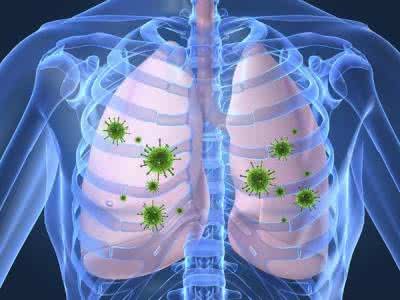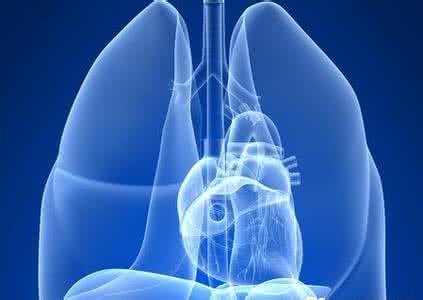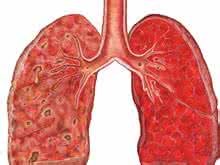Early lung metastasis of cholangiocarcinoma?
summary
Cholangiocarcinoma (cholangiocarcinoma) is a malignant tumor that occurs in the extrahepatic bile duct, including the hilar region to the lower end of the common bile duct. If hemoptysis occurs in patients with cholangiocarcinoma, it is very likely that the patient's condition is further deteriorated, and most of the cancer cells in the body have been transferred to the lung. If patients are not treated in time, it will not only increase the physical and mental pain of patients, but also endanger their lives. To avoid this, let's talk about the symptoms of early lung metastasis of cholangiocarcinoma
Early lung metastasis of cholangiocarcinoma?
Symptom 1: cough. Cough is the most common symptom of lung metastasis of cholangiocarcinoma. Cough caused by secondary lung cancer may be related to changes in bronchial mucus secretion, obstructive pneumonia, pleural invasion, atelectasis and other chest complications. When the tumor grows in the bronchial mucosa above the large diameter and sensitive to external stimulation, it can produce cough similar to that caused by foreign body like stimulation. The typical manifestation is paroxysmal irritative dry cough, which is often difficult to control by general antitussive drugs.

Symptom 2: blood in sputum or hemoptysis. Sputum with blood or hemoptysis is also a common symptom of secondary lung cancer, due to the rich blood supply of tumor tissue, brittle texture, blood vessel rupture during severe cough and bleeding, hemoptysis may also be caused by local necrosis of tumor or vasculitis. Hemoptysis of lung cancer is characterized by intermittent or persistent, repeated small amount of blood in sputum, or a small amount of hemoptysis. Occasionally, it is difficult to control massive hemoptysis due to rupture of large blood vessels, formation of large cavities or tumor breaking into bronchi and pulmonary vessels.

Symptom 3: chest tightness and shortness of breath. The main causes of dyspnea include: (1) in the late stage of lung cancer, mediastinal lymph nodes metastasize widely, and the symptoms of shortness of breath or even asphyxia may appear when the trachea, carina or main bronchus are compressed. ② When a large amount of pleural effusion oppresses the lung tissue and displaces the mediastinum seriously, or when there is pericardial effusion, chest tightness, shortness of breath and dyspnea may also occur, but the symptoms can be relieved after fluid extraction.

matters needing attention
When cholangiocarcinoma develops to advanced stage, the spread and metastasis of cancer cells does not mean that they are sentenced to death. Patients actively choose the appropriate treatment, not only can reduce the pain of patients, but also can effectively prolong the good time of patients and their families.















